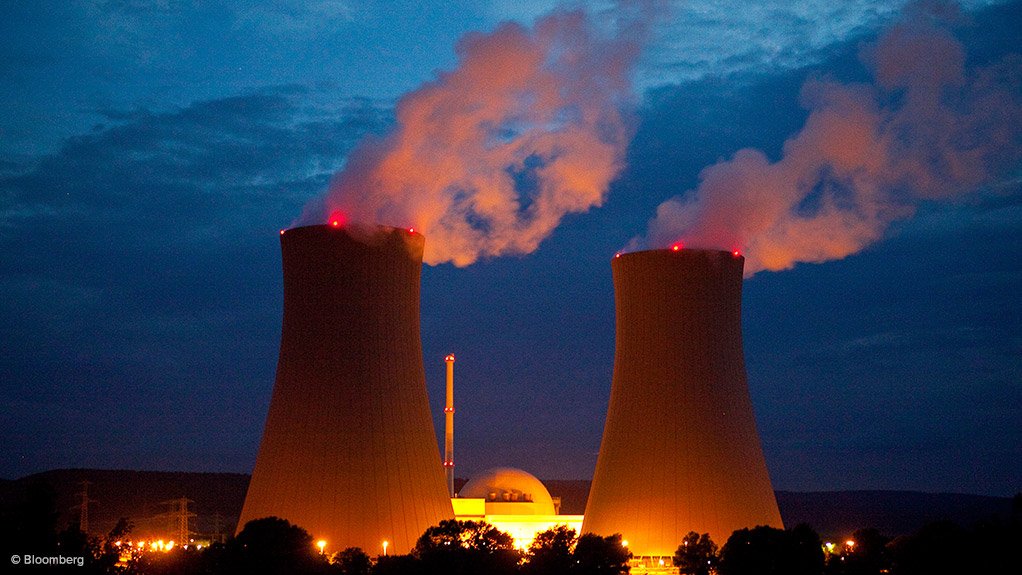Who pays in the event of a nuclear accident? This was the hypothetical question asked by a Japanese nuclear expert who was delivering a lecture on nuclear energy policy issues in the post-Fukushima nuclear accident era.
Former vice chair of the Japan Atomic Energy Commission, Dr Tatsujiro Suzuki, told Fin24 that South Africa and the world in general needed to be careful about the economics of nuclear power.
“Who is going to pay for the damages done ... and the costs could be huge,” he said.
Suzuki was speaking at a commemoration of the 70th anniversary of the atomic bombing of Japan in 1945 at the University of the Western Cape on Tuesday.
Japan was still battling to manage the aftermath of the world’s worst atomic disaster since Chernobyl at the Fukushima Daiichi nuclear plant north of Tokyo.
'Too rare and too large'
Before the Fukushima accident there was an international treaty and scheme for liability issues but Japan was not a member, said Suzuki.
According to Suzuki insurance companies are unable to calculate an insurance rate because nuclear accidents are “too rare and too large”.
“So you have to have a different scheme, but eventually somebody has to pay for it,” he said.
In the Fukushima case the law said private company Tepco would have to pay for everything.
The government has now given Tepco a loan which it would eventually pay back through an [accessory rate], Suzuki said.
“So eventually the rate will be given to the consumer,” he said.
South Africa is reaching the advanced stages of a nuclear procurement deal which aims to provide the country with 9 600 MW of nuclear energy between 2023 and 2030.
MP in the energy portfolio committee Tandi Mahambehlala told Fin24 after the event that the issue of insurance was “at the top of the agenda” as the government formulates agreements with vendor countries.
EMAIL THIS ARTICLE SAVE THIS ARTICLE
To subscribe email subscriptions@creamermedia.co.za or click here
To advertise email advertising@creamermedia.co.za or click here











